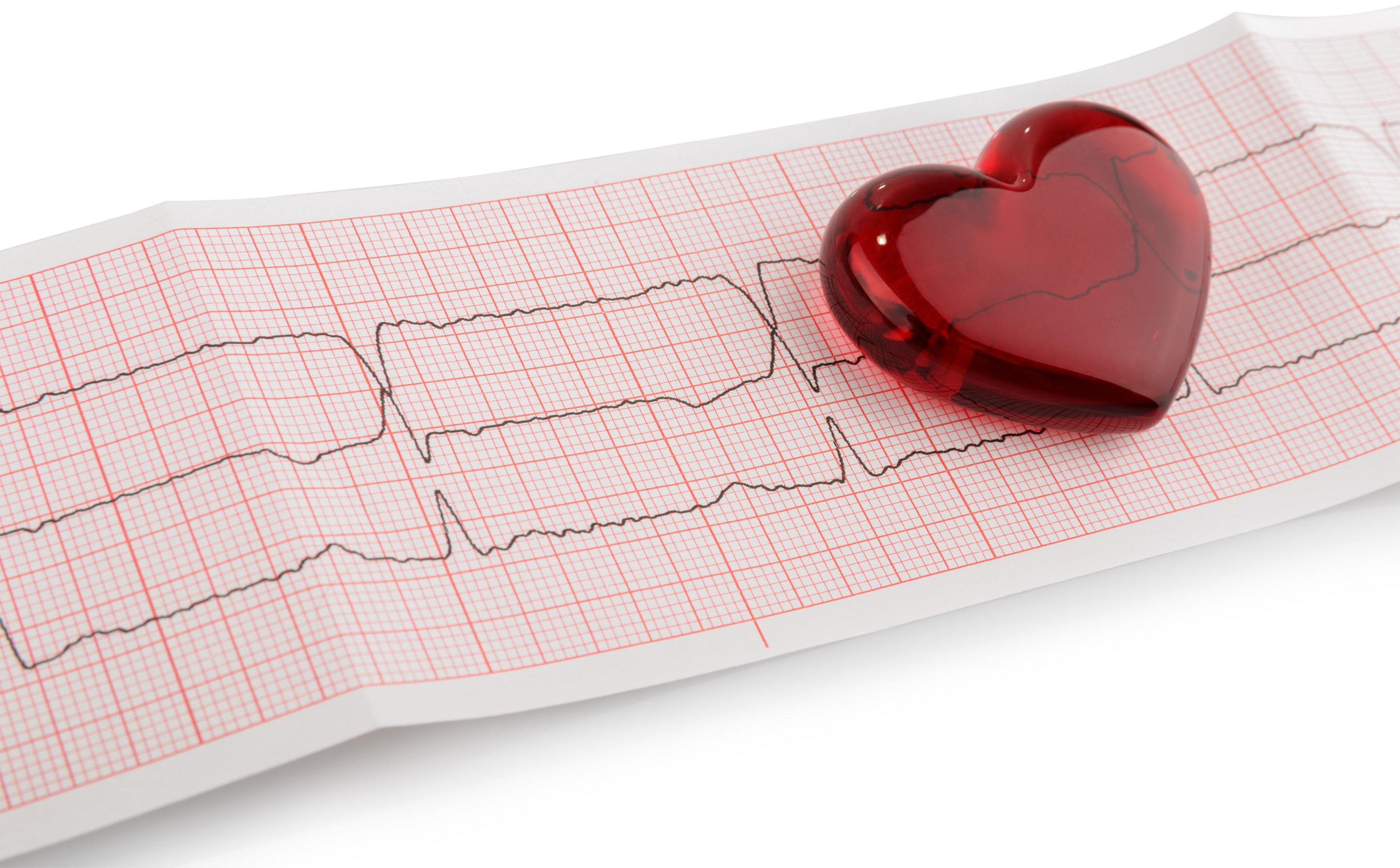Cardiometabolic changes and weight gain
How are cardiometabolic or weight problems related to schizophrenia?
Patient populations that are prescribed antipsychotic agents may experience cardio and metabolic side effects.
What are the cardiometabolic side effects?
Medicated patients versus population or healthy controls
Moderate quality evidence suggests small to medium-sized increased risks of hypertension, low HDL cholesterol, hypertriglyceridemia, diabetes, metabolic syndrome, abdominal obesity and reduced heart rate variability in people with schizophrenia. People with first-episode psychosis and antipsychotic-naïve patients also show increased hypertension and reduced heart rate variability, but not other cardiometabolic indices.
Medicated patients versus unmedicated patients
Moderate to low quality evidence shows that after treatment with antipsychotic medications, there is weight gain in the short and long-term, and increased insulin levels, insulin resistance, cholesterol, triglyceride, leptin, and blood pressure levels in the long-term. There are increased rates of diabetes, myocardial infarction, metabolic syndrome, high triglycerides, low HDL, and hyperglycaemia in medicated patients, and reduced heart rate variability in medicated patients on clozapine.
Any antipsychotic versus placebo
High quality evidence shows small effects of increased QTc prolongation with haloperidol, quetiapine, olanzapine, risperidone, and iloperidone; medium-sized effects of increased QTc prolongation with ziprasidone and amisulpride; and a large effect with sertindole. No differences in QTc prolongation were reported between placebo and lurasidone, aripiprazole, paliperidone, or asenapine. There are small effects of more weight gain with aripiprazole, amisulpride, asenapine, paliperidone, brexpiprazole, and lurasidone; and medium-sized effects of more weight gain with risperidone, quetiapine, sertindole, chlopromazine, iloperidone, clozapine, zotepine, and olanzapine. Clozapine resulted in the most weight, cholesterol, triglycerides, and glucose increases. Olanzapine resulted in the most BMI increases, and also increases in weight, cholesterol, and triglycerides. Quetiapine increased weight, cholesterol, and triglycerides. Zotepine increased weight, triglycerides, and glucose.
First generation versus second generation antipsychotics
Moderate or moderate to low quality evidence suggests second generation clozapine, olanzapine, risperidone, and quetiapine are associated with a small increased risk of diabetes mellitus when compared to any first generation antipsychotic. There is more total cholesterol increase with second generation olanzapine than first generation haloperidol, and more triglyceride increase with second generation amisulpride than haloperidol. Second generation amisulpride, clozapine, olanzapine, quetiapine, risperidone, sertindole, and zotepine are associated with more weight gain than first generation haloperidol, with no differences when compared to low-potency first generation antipsychotics.
Second generation versus second generation antipsychotics
Moderate or moderate to low quality evidence suggests shorter Bazett’s corrected QT interval with aripiprazole compared to risperidone, and with risperidone compared to sertindole. Olanzapine was associated with more weight gain and glucose increase than amisulpride, aripiprazole, quetiapine, risperidone, lurasidone, and ziprasidone. Clozapine was associated with more weight gain than risperidone, risperidone was associated with more weight gain than amisulpride, and sertindole was associated with more weight gain than risperidone. Olanzapine was associated with more cholesterol increase than aripiprazole, risperidone and ziprasidone. Quetiapine was associated with more cholesterol increase than risperidone and ziprasidone.
Schizophrenia versus affective disorders
Moderate to low quality evidence suggests olanzapine was associated with more weight gain in people with schizophrenia than people with bipolar disorder, with no differences in cholesterol or blood glucose levels. People with schizophrenia treated with quetiapine show more cholesterol increase than patients with affective disorder treated with quetiapine, with no differences in blood glucose, triglyceride levels or weight gain.
Also see the treatments for weight gain topics (pharmaceutical and psychosocial).
October 2020
Fact Sheet Technical Commentary
Green - Topic summary is available.
Orange - Topic summary is being compiled.
Red - Topic summary has no current systematic review available.
